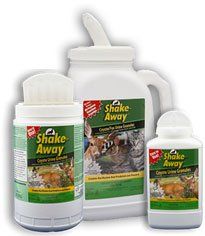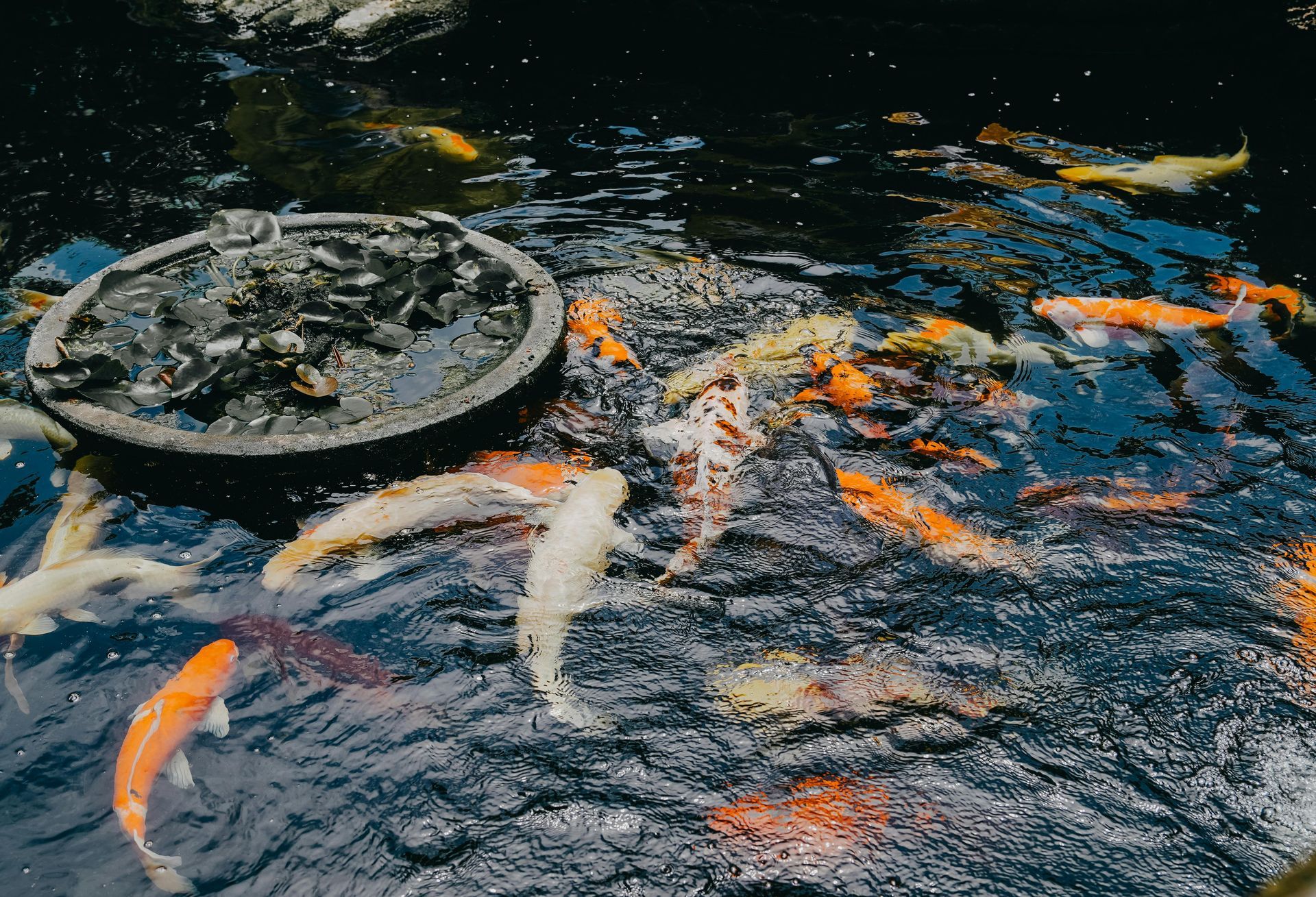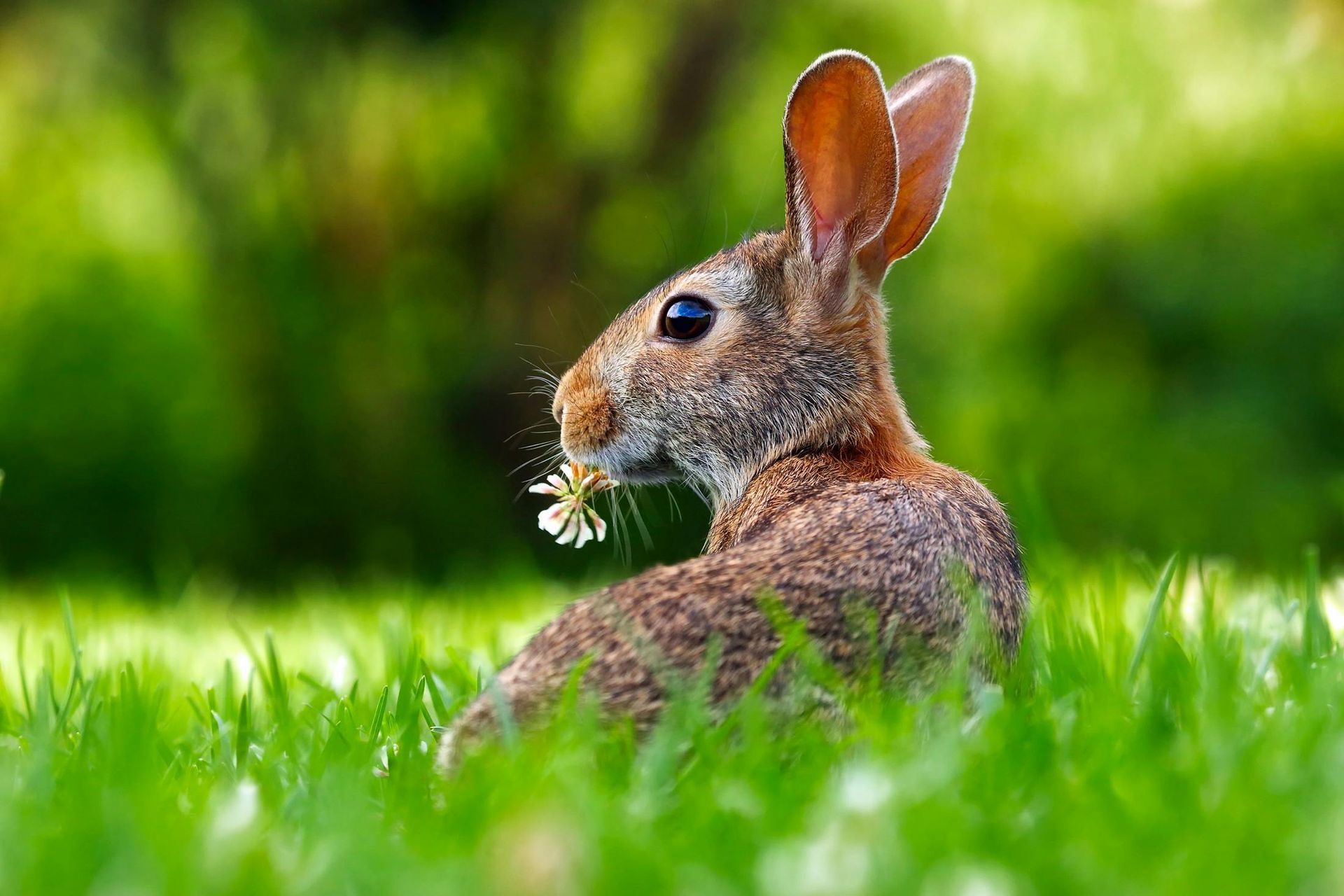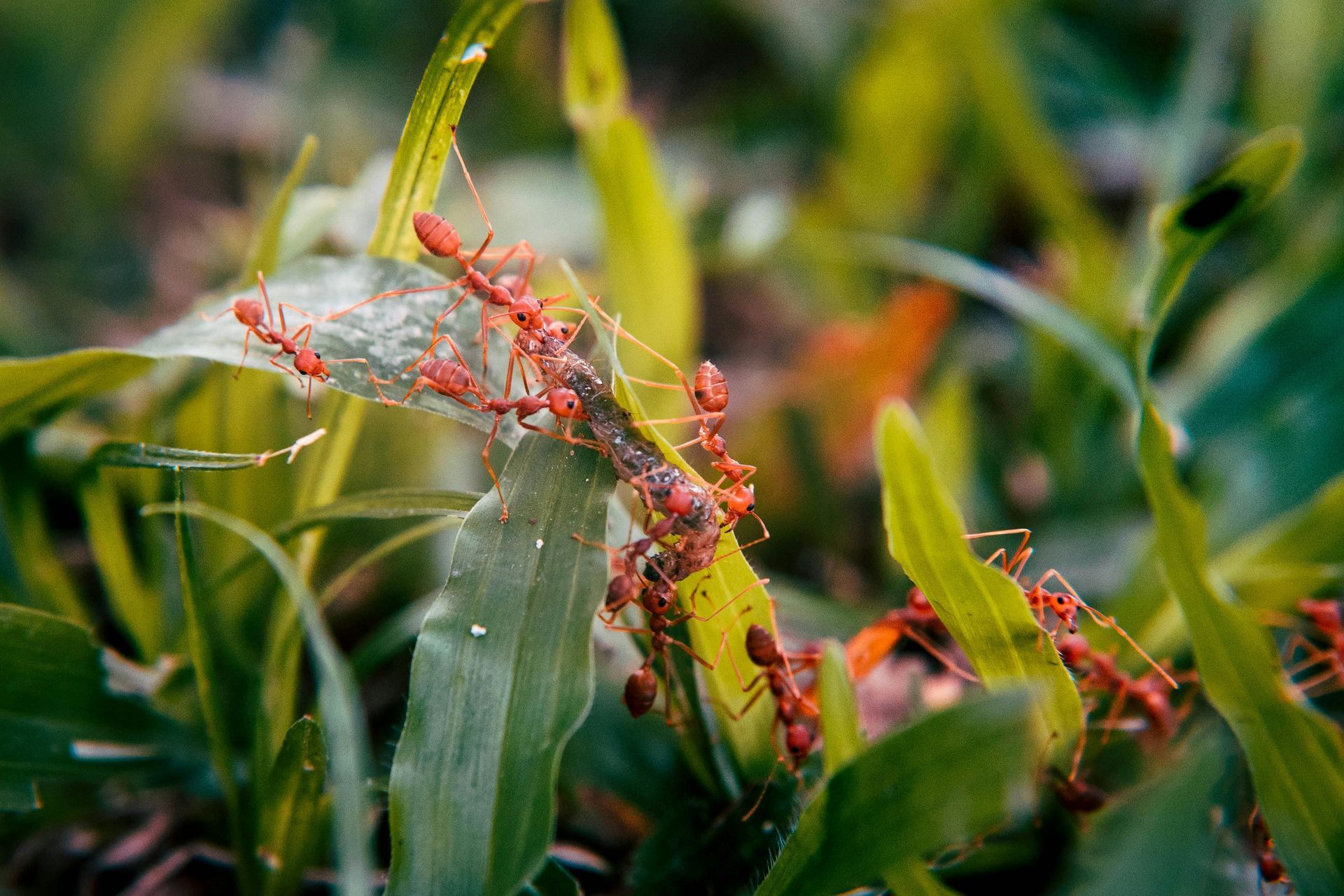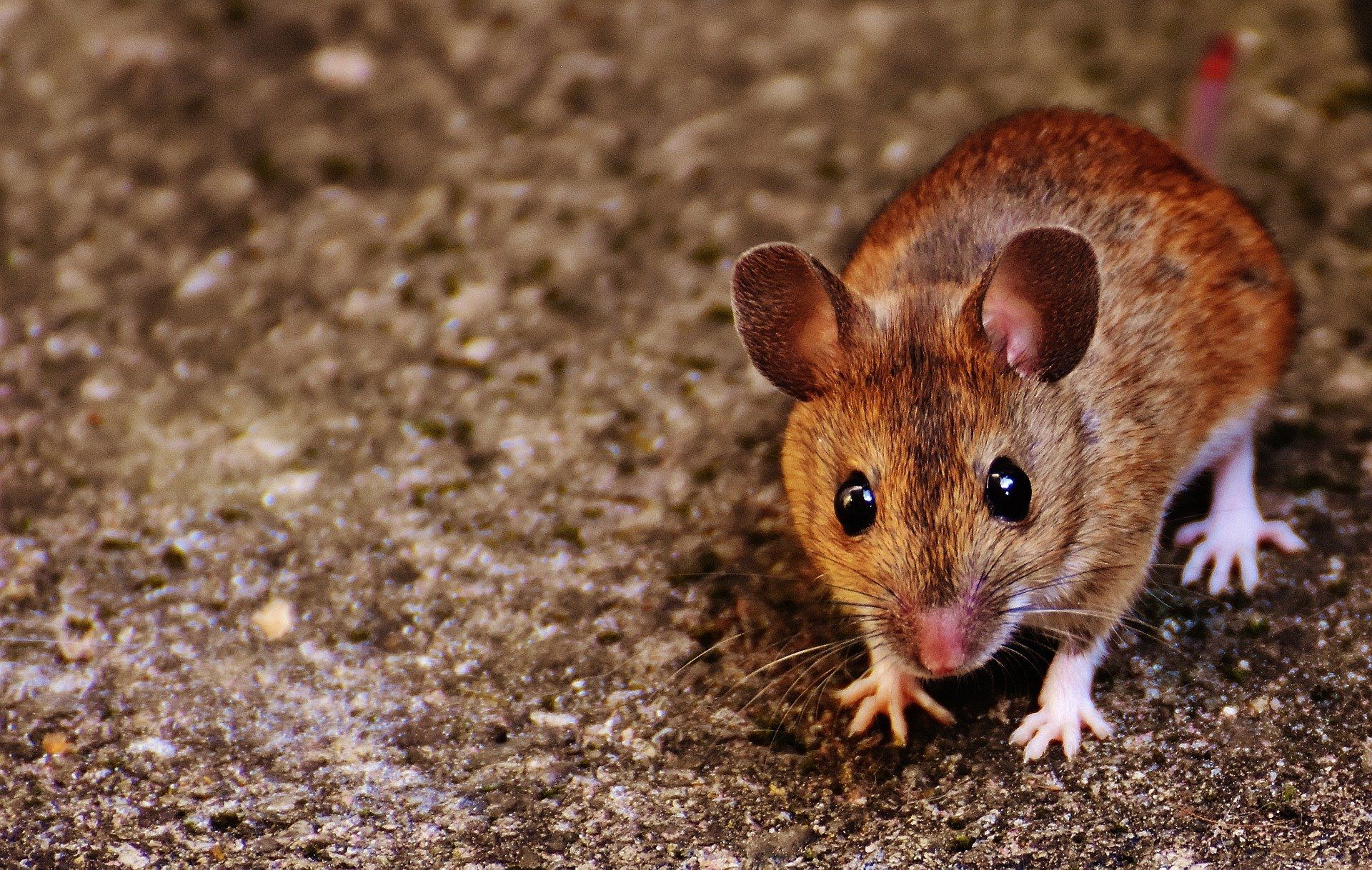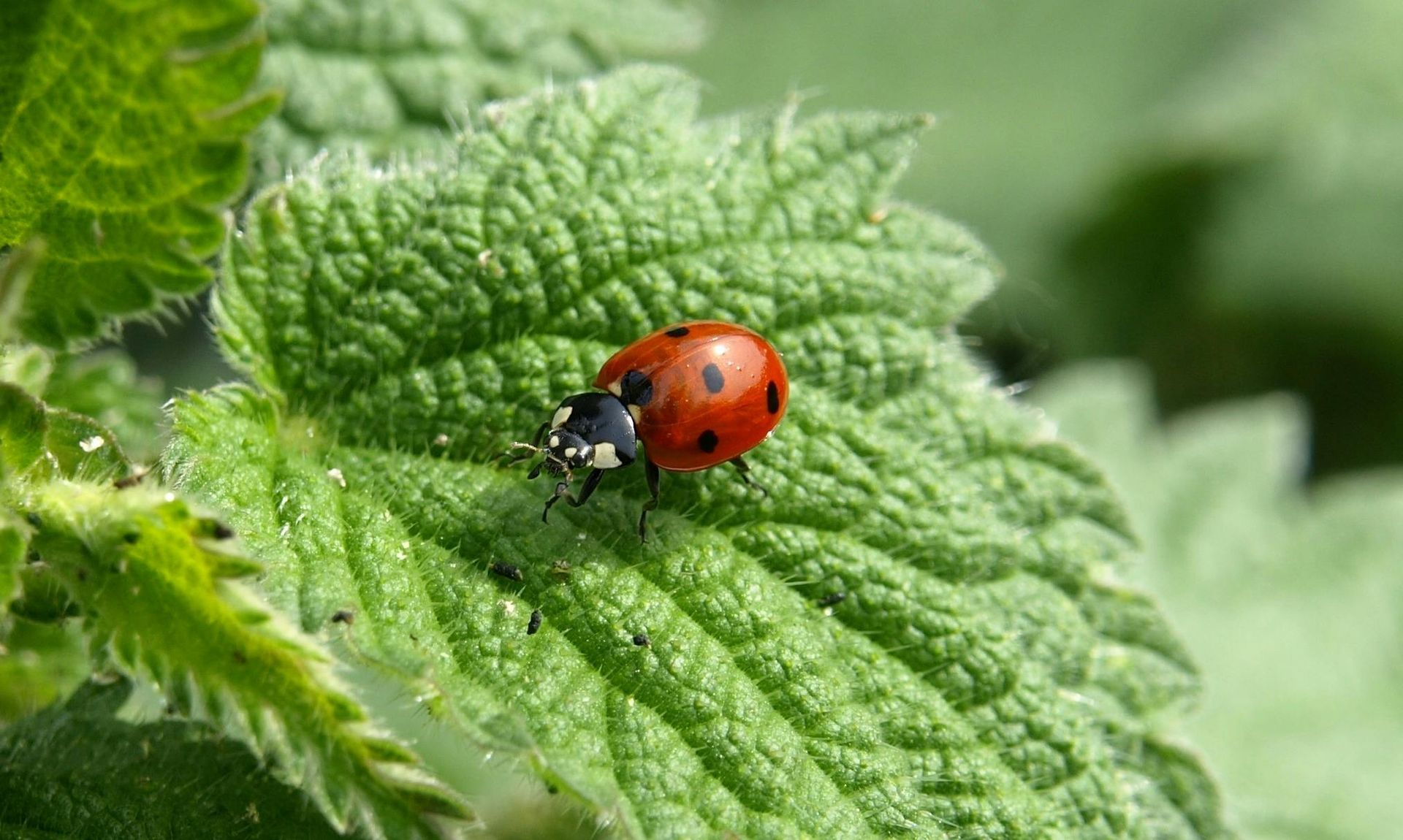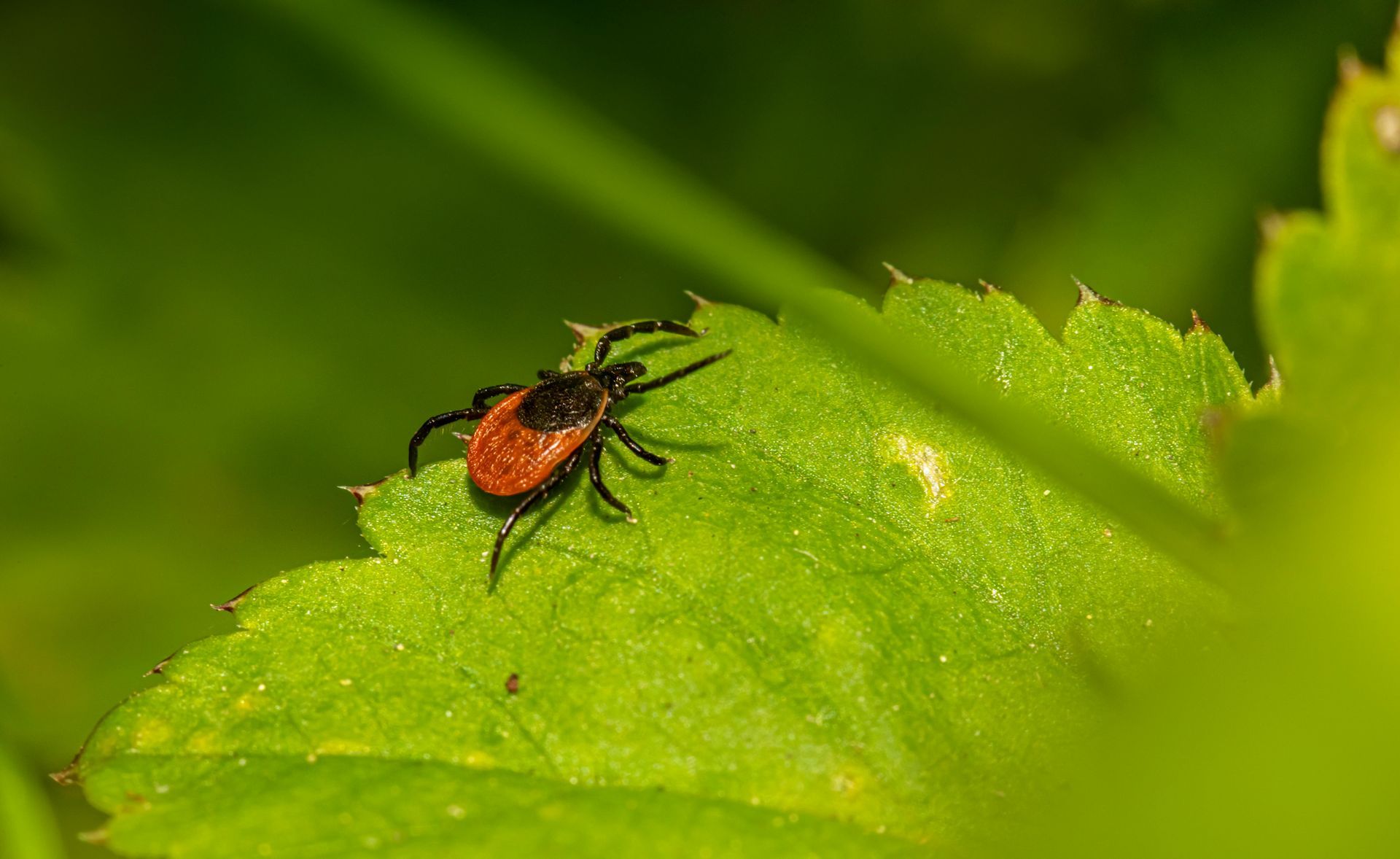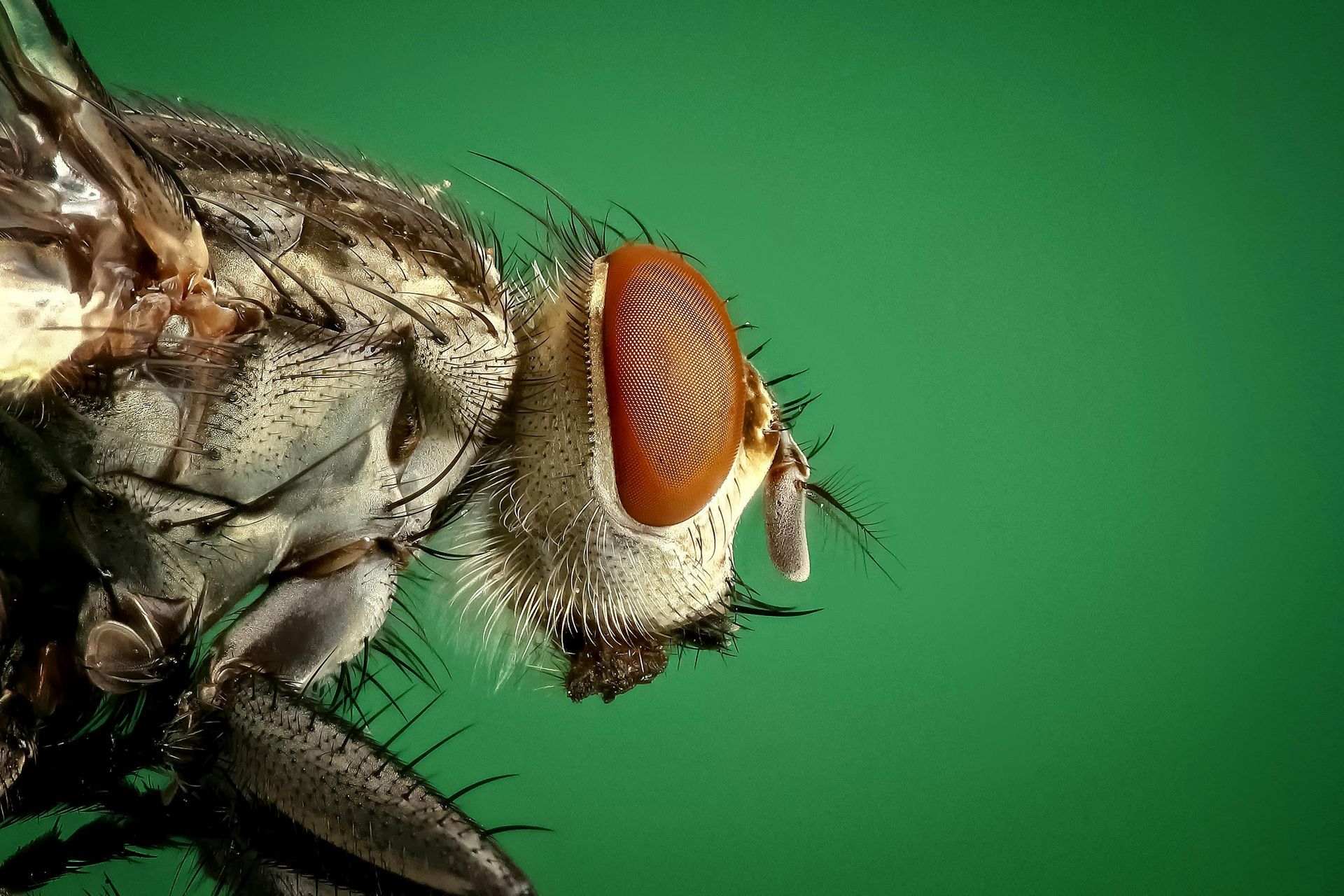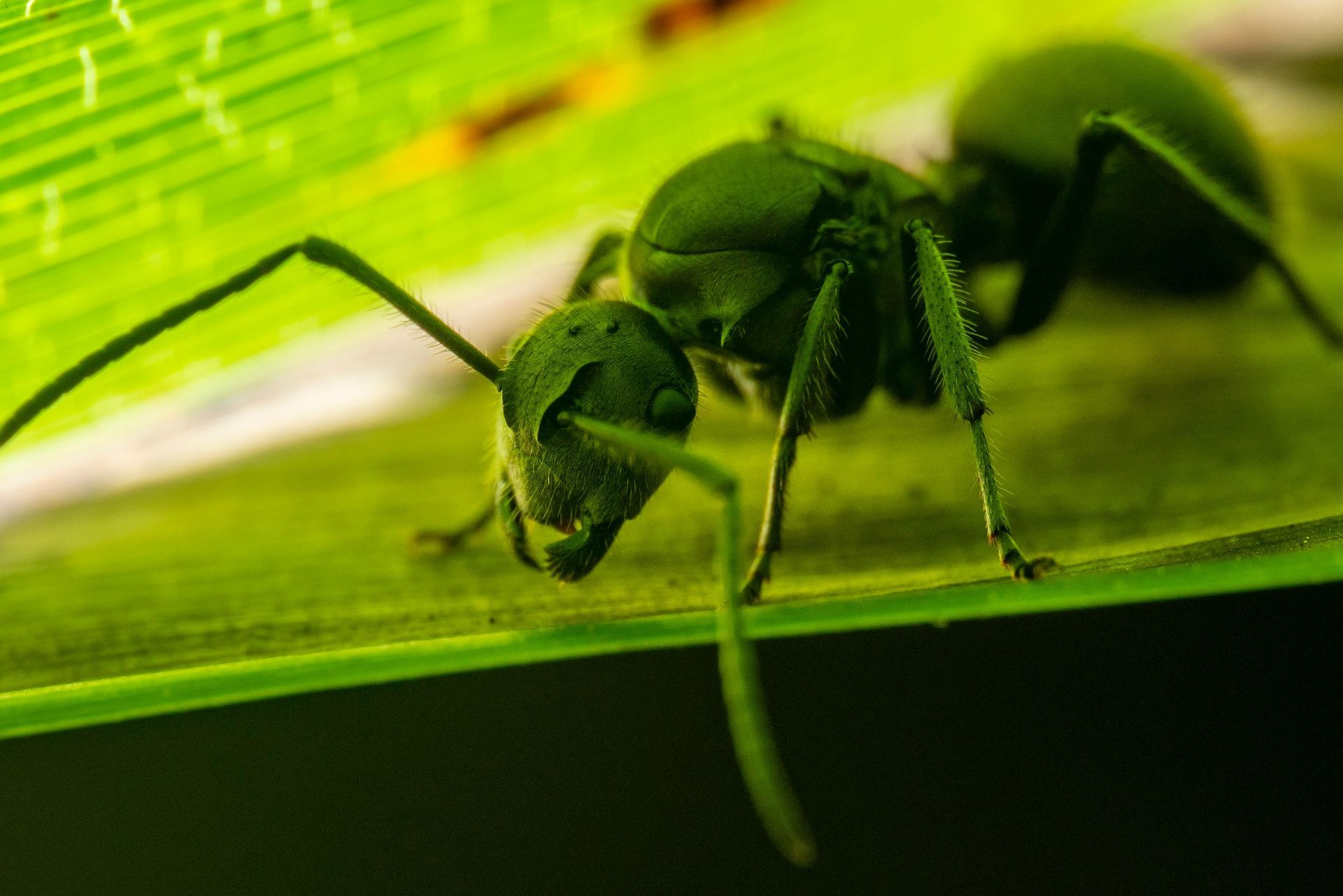Keeping Rodents Out of Your House this Winter
Critter-Repellent.com Staff • October 5, 2020
Keep the Rodents Out of your house with these simple tips
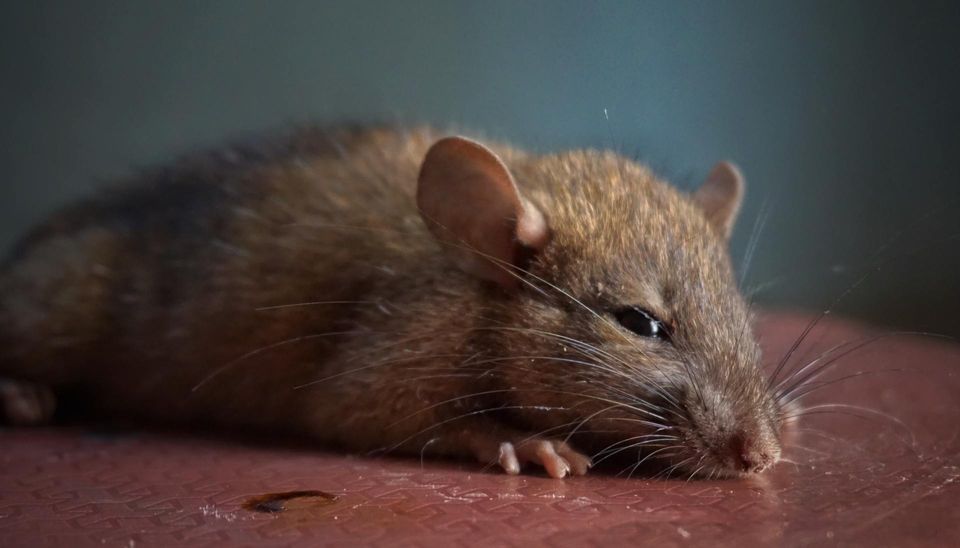
Who doesn’t love a cozy night in the living room as snow falls gently outside? As eagerly as we may await the comfort of winter evenings, rodents too are looking to take comfort in the shelter of homes across the northern hemisphere. While the little creatures are cute to some, most homeowners do not see mice, rats, and squirrels as welcome guests to the homestead – so how do you keep them out? As winter approaches, remember these tips to keep rodents out of the picture for your comfortably chilly evenings!
Stay active around your whole home
- It’s easy to fall into seasonal slumps when the weather becomes unfavorable for physical activity, but keeping a human presence in and around your home is a sound strategy when it comes to keeping rodents out of your home. Much as humans don’t tend to like mice, mice and other rodents don’t tend to like humans! The more time you spend in each room of your home, the more likely you are to scare rodents out from said rooms. This includes attics and basements, which become especially unappealing in the winter months, but should still be regularly patrolled for rodent indicators.
Check your foundation and exterior
- One of the most foolproof ways to keep rodents out of your home is to not open the door. So to say that if little critters sense a way into a warm place, such as a foundation crack or hole in the exterior walls of your home, they will help themselves to safety. Taking advantage of the autumn weather and performing an annual check on your home’s exterior can help keep the rodent presence in and around your home at bay. It is important to note also if there are tree branches that hang near to your roof – many rodents are great climbers and can climb their way into your home via the roof, even if your foundation is completely intact.
Let your family pet explore
- Most people are aware the rodents and felines don’t get along, but canines, reptiles, and birds are all rodent agitators as well. The more noise and scents your animals can spread across your home, the better. Even if your cat is the laziest member of your family, the scent of the feline’s litter box will act as a mild rodent deterrent! If your animals generally occupy only a couple of rooms in your home, help them explore to keep rodents uninterested.
Invest in an effective repellent
- While human and pet activity do help keep rodents out of your home, nothing is as effective as repellents designed to keep them out. While sound-based repellents have shown to be effective with some rodent problems, homes that are already occupied by a family or two of rodents are likely to need something more. Scent-based repellents like Critter-Repellent are the most effective way to keep rodents out of your home as winter sets in. Fully natural Critter-Repellent utilizes the scent of rodent’s natural predators – coyotes – to fully perform the job that your cat or dog may not finish.
For more information on how Shake-Away's Rodent Repellent works, click here. For questions about purchasing or about topics not covered in our FAQs page, please contact us here.
Critter Repellent All Natural Animal Repellent Blog
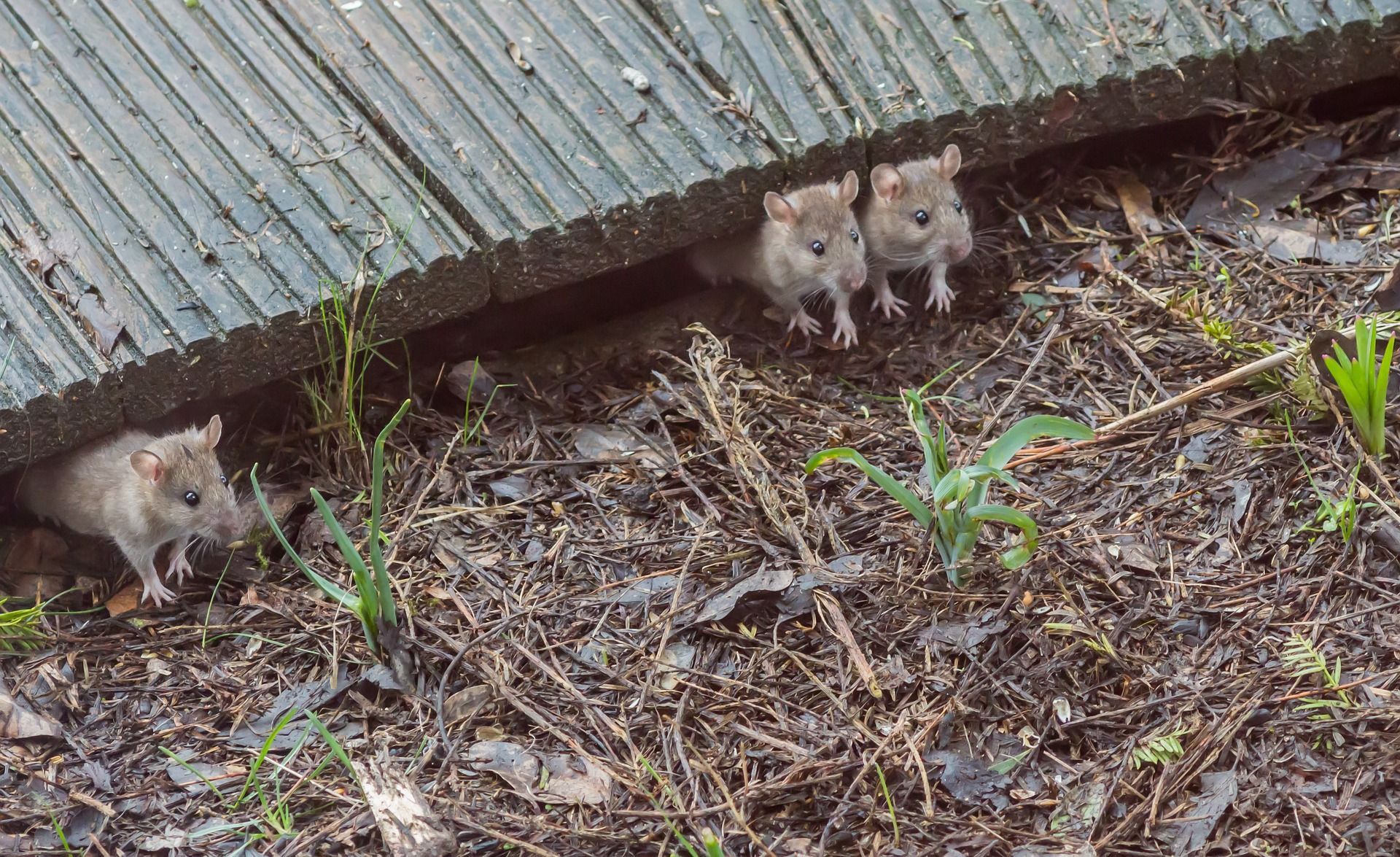
The last thing you want to see running around your house is a mouse. And where there is one, there are more. Whether it’s mice, ants, spiders, squirrels, or any other type of rodent, bird, or insect infestation, ignoring those critters can get very expensive in the long run. When it comes to remediating or protecting your home from infestations, the cost of doing nothing can lead to a big dent in your wallet. Keeping house pests at bay is important, especially if you’re planning to put the home on the sales market. How much does it cost to keep the house and property pest-free? That depends on where you live, what types of services needed, and how often the home is treated. But one thing is for sure, it’s easier (and more cost-effective) to prevent house damage than to fix everything after critters have chewed up wires, plumbing, foundation, and the yard. Potential Structural Damage Squirrels, moles, voles, rats, and mice are part of nature, but the damage that even one of these critters can do to a home can run into thousands of dollars. With sharp teeth that never stop growing, squirrels and rodents must “file down” their chompers so they don’t interfere with eating and drinking. Thus, a squirrel’s chewing habits can damage house support beams, siding, and anything else that holds the structure up. The costs to repair the building depend on the severity of the damage. Birds’ nests and clogged gutters are signs that unwanted critters are in the building’s drainage system. Replacing damaged gutters can cost several thousand dollars—to start. On average, it’ll cost between $1,600 and $5,200 (depending on size, materials, and labor costs). Wiring and Insulation Chewed-up electrical wiring is not only a hassle but it can be very dangerous. Mice, rats, squirrels, and other critters will gnaw through wires, not knowing that they can electrocute themselves but worse — start a house fire. Homeowners won’t necessarily see exposed wires around the house. Examining the house structure and wiring allows owners to know what to budget for. Pests and vermin living in the attic may tear up insulation to use for nesting materials. Depending on the size of the house, insulation costs can be anywhere from $1,600 to $8,000 on average. Termites When it comes to destructive insects, termites are at the top of the list. These icky little bugs chew through wood almost as quickly as a cartoon buzzsaw. And the worst thing? In general, homeowners’ insurance does NOT cover termite damage. Signs of termite infestation and damage include: Chewed up or hollow wood Blisters or buckling in the flooring Discarded termite wings Bubbling paint Strips of mud tubes along crevices Damaged support beams Tapping sounds in the walls The cost of repairing termite damage can range from a few hundred to a few thousand dollars—or more, depending on what part of the house is torn up and what needs to be done. Preventing termites in the yard and hiring a professional exterminator are two ways of keeping these hungry critters away from your home. Pest Entry Points Cracks and crevices are easy access points for mice, insects, wasps, and other pests. Unscreened vents and windows, loose shingles and siding, and chimney gaps are entry points for bugs and mice. Not having trees and shrubs around the perimeter of the house won’t prevent squirrels and mice from coming onto your property, but keeping greenery away from the structure would deter critters from having direct access to it. Perceived Value Whether your house is currently for sale or it’s a plan for the future, having pests and vermin roaming around the property can keep the buyers away. Among the financial considerations, house-hunting taps the emotions of the would-be buyer. No matter what the item is, perceived value is a customer’s view of whether it is worth the money. An infested home has lost its marketing value, especially if a mouse runs across the floor during the negotiating stage. The cost of doing nothing when you should be doing something can lead to a huge repair bill and maybe even a home improvement loan or second mortgage on your house. Ignoring the problems won’t make them go away. If wildlife and insects are damaging your home, do something about it sooner than later.

